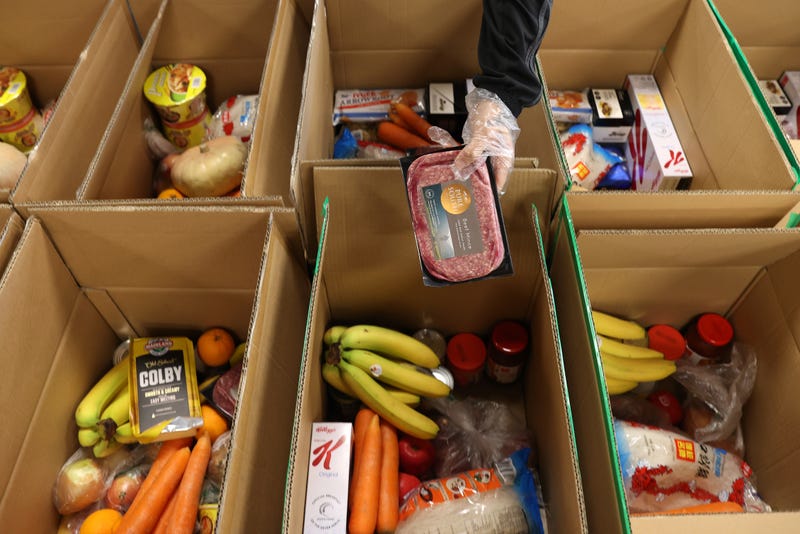
Food banks across the country rely on assistance from the USDA to fill their pantries. That food is then distributed to those facing food shortages across the nation. Recent slashes at the USDA under the Trump administration are having devastating effects on pantries at food banks everywhere, and those pains are being felt right here in Louisiana.
John Sillars is the Chief Strategy Officer at Second Harvest Food Bank operating in South Louisiana, and he spoke to our own Tommy Tucker. Sillars notes that 40% of the food distributed to Louisiana residents by Second Harvest last year came from the USDA. Since January of this year, deliveries to Second Harvest from the USDA have dropped off by roughly 1/3. Sillars sees that having an annual impact of around 4.5 million pounds of food every year, which can no longer be delivered to those most in need.
“We are not alone. This is impacting all the Feeding America food banks. There’s a change in policy since January and we’re starting to feel it. We’re getting fewer loads from the USDA, which means we are not able to send as much food to our partner pantries,” Sillars explained to WWL’s Tommy Tucker. “We have a lot of trucks. Those trucks are now carrying less food than they were just one year ago. That’s due to those USDA reductions,” he went on to highlight.
To make matters worse, the food banks had almost no notice that these drastic changes would be happening. “One of the things the USDA did was set aside $1 billion in October to fund programs for food purchased from local farmers and shipments to food banks. In March, the plan was to release the food and the funds for those farmers' purchases. In March, we learned that the USDA was not going to deploy that,” explains Sillars. That left food banks across the country scrambling to fill that huge gap.
These cuts come at a time when food shortages are felt the most by those in need, particularly children.
“At the end of the day, in South Louisiana, 1 in 6 people experience food insecurity. Among children, that number is 1 in 5. Especially in the summer, we feel a lot of pressure from the community to provide food support," says Sillars.
"60% of all children in Louisiana get free or reduced lunch. Roughly 1 in 8 of them actually get a free or reduced lunch during the summer through a summer feeding program. What that means is a lot of families are turning to us for support,” Sillars explained.
That support just got much harder to supply to those who need it the most (at a time when they need it the most) across Louisiana.
